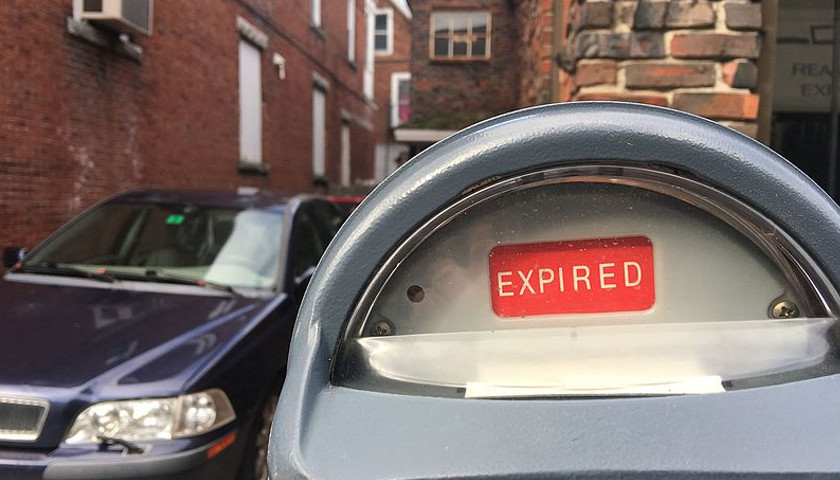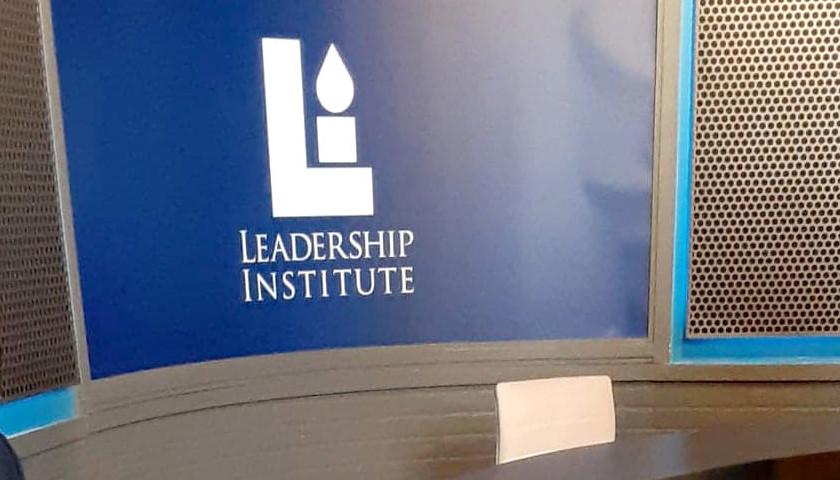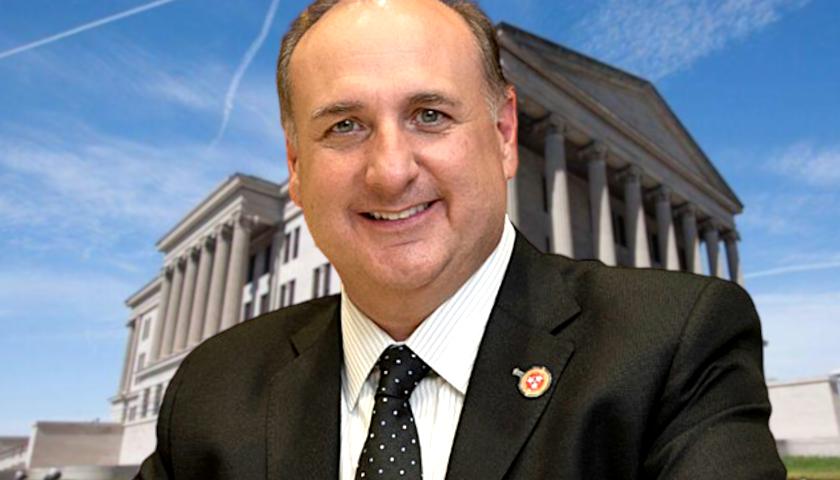by Marshall Towe
Mayor Briley has pulled the plug on his ill-advised parking privatization program, at least for now. Most likely his temporary pause is due to the combination of a complete lack of public support and the upcoming mayoral election. The public must demand any project that leads to the privatization of the most public of spaces, city streets, be permanently abandoned and not accept a political head fake until the election is over.
One need only look 500 miles north to see the disastrous results of a city selling off the public’s assets in an attempt to correct financial incompetence and budget mismanagement. In 2008, Chicago’s Mayor Daley pushed through the lease of Chicago’s parking meters to the private company, Chicago Parking Meters LCC, led by group of investors including Morgan Stanley and the Abu Dhabi Investment Authority. In exchange for $1.15B, Chicago gave total management control of its 36,000 meters for 75 years, along with all associated revenue. The Inspector General of Illinois determined in 2010 that the public lost well over $1 Billion on the deal and as more time goes by the more that estimated loss to the public increases.
The next Mayor of Nashville must institute fiscal and budget responsibility and not on the back of a onetime sale of the public’s assets. In 2007 Chicago’s annual budget shortfall was $94M. By 2011 its annual budget shortfall was $650M. At the same time Chicago spent nearly $800M of its parking windfall while its debt continued to spiral out of control and is now more than $65 Billion Dollars. Undisciplined government spending and fiscal mismanagement is a slippery slope that quickly spirals beyond recovery and Nashville Metro should look at once great cities like Chicago, Detroit, Baltimore and St, Louis for examples of misguided decisions that led to disastrous consequences that cripple residents for decades.
Regardless of the current political rhetoric, double speak and false promises, there are fundamental financial principles that are always employed in order to make these deals attractive to investors. Parking rates must go up and meter locations must be expanded in to residential neighborhoods. The deal will also impact Nashville policy decisions such as adding bus and bike lanes that would take out meter locations requiring the Nashville to pay for “spot buybacks”. Most certainly Nashville, like Chicago, will also have to compensate the private entity for lost revenue due to roadwork and street festival closures.
The numbers will not work in favor of Nashville residents any more than they have worked out for Chicago residents. In the first 7 years of Chicago’s parking deal the private company made $778M in revenue and is projected to recover their original investment by 2020 and they will still have 63 years left on their lease. Clearly a lucrative business transaction. Also, Chicago has paid out more than $125M in penalties to the private company for road work, use of disabled placards and revenue shortfalls.
The very predictable result is that Chicago parking rates increased by over 100% in the first four years of the deal and the Business Insider publication concluded that Chicago had become the most expensive city in the country for parking, to go along with the highest sales tax and highest property taxes.
Parking meters should not be viewed as a ‘business asset’ to be bartered or sold to cover-up financial incompetence and budget mismanagement by the Mayor and Metro City Council. Instead, these public assets should be used to manage scarce public street parking for the benefit of businesses and most importantly, neighborhood residents.
The Nashville Metro Council’s must not give up something as fundamental as managing its street parking. The solution is to migrate away from the outdated coin meters and the associated costs of manual revenue collection and meter maintenance. Technologies like license plate recognition, traffic sensors, dynamic pricing, ticket machines, mobile applications for spot location and payments can be easily deployed by the City, will cut overall costs, increase revenue and provide a far better user experience. It will also allow revenue associated with parking to be recycled into taxpayer services instead of a for profit private entity.
– – –
Marshall Towe is an international technology executive and currently the Chief Development Officer at a Franklin, TN based business and innovation consulting firm. He relocated to Tennessee from Chicago with his family in 2017 as a political, cultural and economic refugee.








